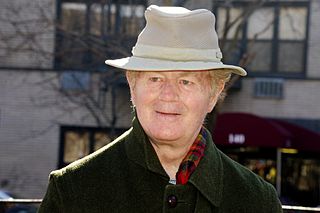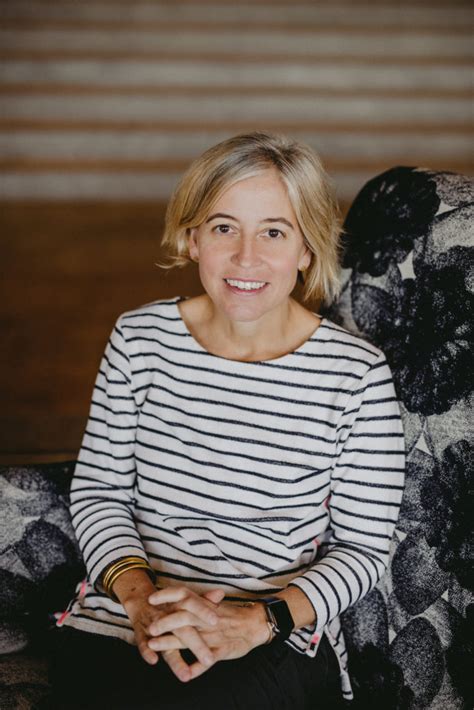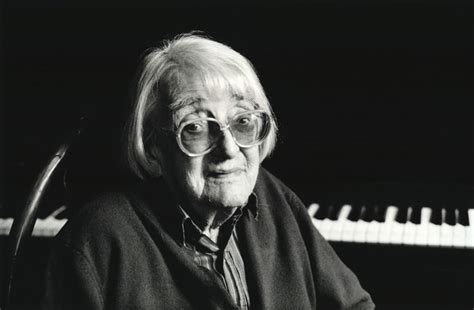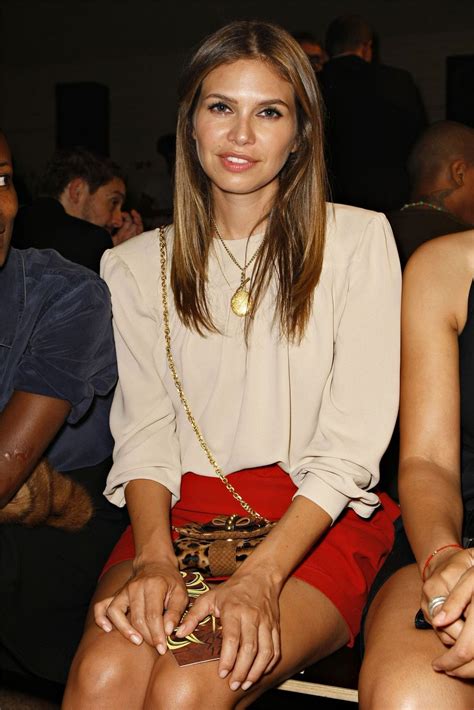A Quote by Gail Sheehy
The feminist spirit still lives! It shows most boldly among younger women from the millennial generation.
Related Quotes
I was always a feminist. My mother was a feminist; my grandmother was a feminist. I always understood women had to fight very hard to do what they wanted to do in the world - that it wasn't an easy choice. But I think the most important part is that we all want the right to be taken seriously as human beings, and to use our talents without reservation, and that's still not possible for women.
It was interesting that feminists of my generation told me: You are discouraging younger women; you are confirming stereotypes of women; you are opening a door, initiating a debate, that will harm our movement. And my point was: We are already having this debate, especially in the younger generation.
The potential significance of Black feminist thought goes far beyond demonstrating that African-American women can be theorists. Like Black feminist practice, which it reflects and which it seeks to foster, Black feminist thought can create a collective identity among African-American women about the dimensions of a Black women's standpoint. Through the process of rearticulating, Black feminist thought can offer African-American women a different view of ourselves and our worlds
Prayer, the basic exercise of the spirit, must be actively practiced in our private lives. The neglected soul of the human being must be made strong enough to assert itself once more. For if the power of prayer is again released and used in the lives of common men and women; if the spirit declares its aims clearly and boldly, there is yet hope that our prayers for a better world will be answered.
I was frustrated with how academia tended to present feminist theory in disconnected or inaccessible ways. I wanted to try and bring a sociological feminist lens to the limited and limiting representations of women in the media and then share that with other young women of my generation. YouTube was the perfect medium.
Especially in entertainment geared toward young people, the women are much stronger than they used to be. There's not really the damsel in distress anymore. I think the stereotype still possibly lives in different genre pictures but, in entertainment for the younger generation, they're used to women being equal and being strong. I think if you don't portray that, it would be kind of weird.
[A] new generation, innocent of the divisions of the Cold War, this coming-of-age. ... If its members do not feel the urgency to escape the nuclear danger that some of its parents felt, neither has it developed the deep attachment to nuclear arms also often found among their parents, including most of the governing class. ... The call for abolition should therefore be, among other things, a call from an older generation to younger one.
There are now more Millennial women with college degrees than Millennial men. I said to the audience, "Folks, you gotta stop looking at this men-versus-women thing as a 'versus,' as a comparison, as a getting even." That's not a good bit of news. I'm a chauvinist. How could I dare think that it's a bad thing that more Millennial women have college degrees? And there are answers to it but I'm not prepared to give 'em yet.
For a lot of women who don't go to college, or for a lot of women who aren't in New York or D.C. or someplace where there's like a large feminist organization they can get involved in, they may be doing feminist work, right, like locally or with a grassroots organization or in their own lives, but if they don't have that support system and if they don't have that availability to feminist language, I think we're missing out on something.
A lot of women seem to have a similar attitude, - 'I'm not a feminist' - and it gets wearying. What's wrong with being a feminist? I'm proud to be a feminist. It's been one of the most positive things in my life. It's one of the best traditions there is. It's admirable to be a feminist and to stand up for one's sex, to fight against inequality and injustice and to work for a better society.





































